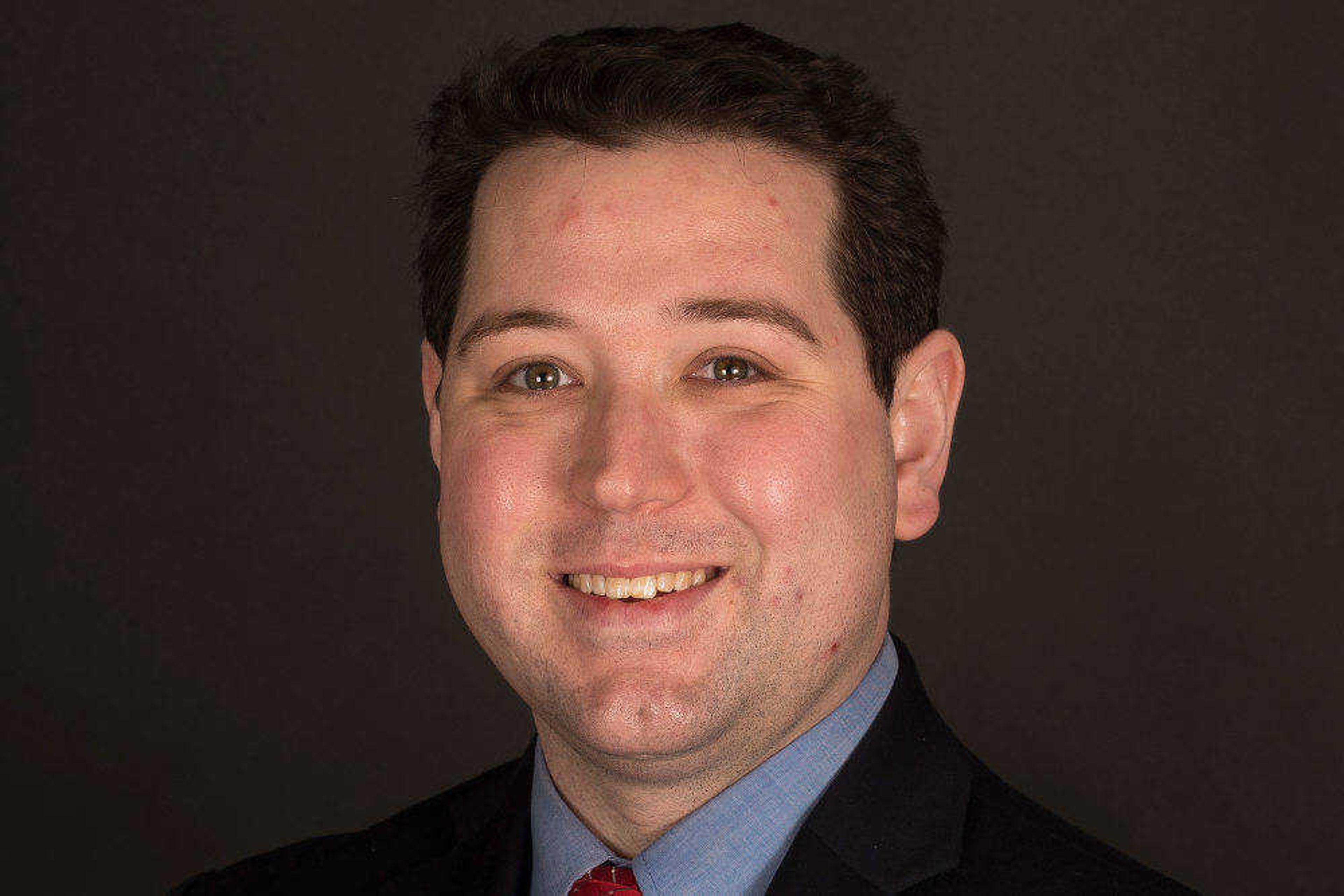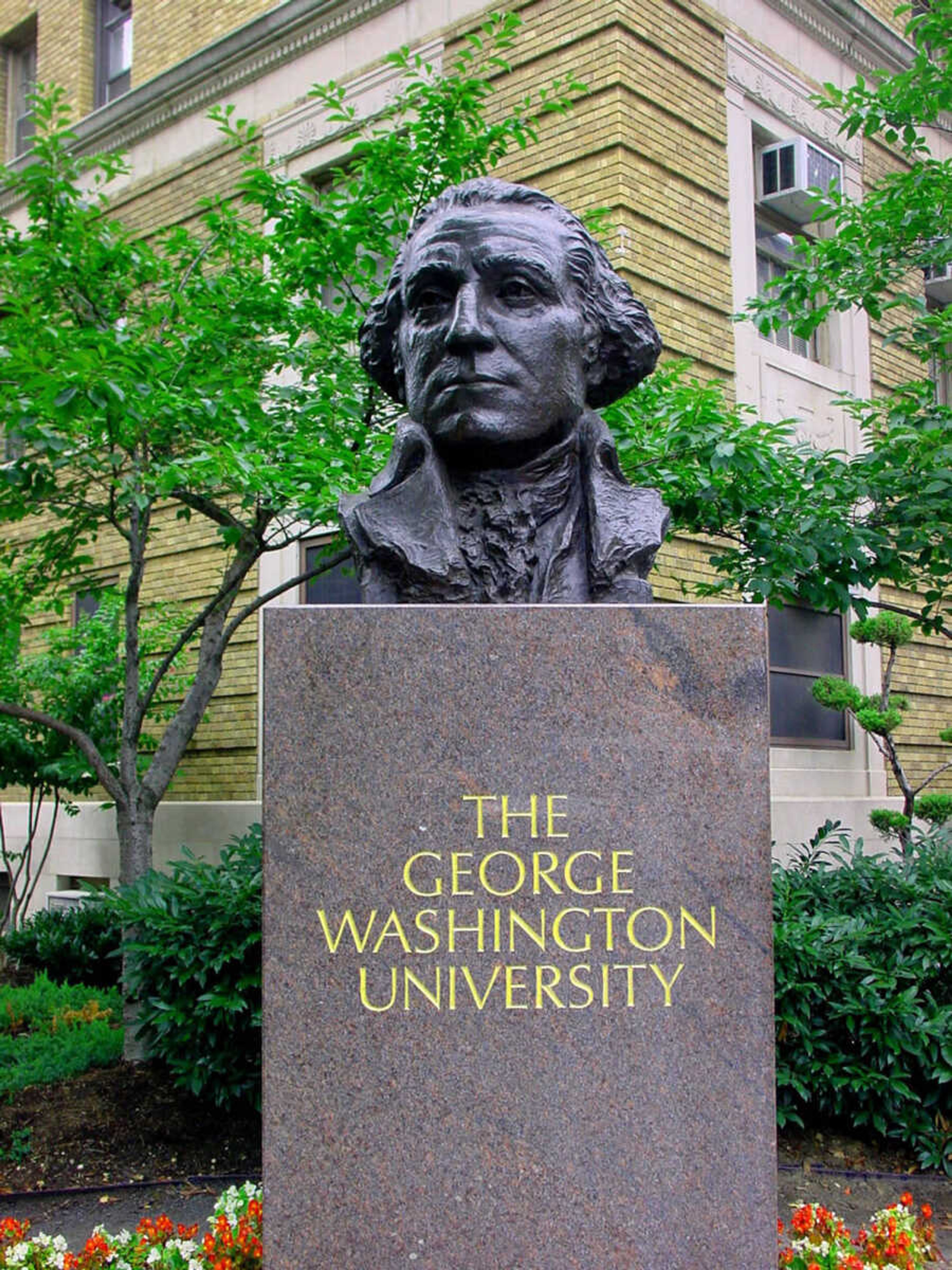'Christian privilege' argument is flawed
In today's politically correct environment I should not be surprised, but when I read a story about the "Christian privilege" seminar at George Washington University, it was a level of ridiculousness that stood out. The seminar was titled "Christian Privilege: But Our Founding Fathers Were All Christian, Right?!"...
In today's politically correct environment I should not be surprised, but when I read a story about the "Christian privilege" seminar at George Washington University, it was a level of ridiculousness that stood out.
The seminar was titled "Christian Privilege: But Our Founding Fathers Were All Christian, Right?!"
The university website provided more information on the goal and meaning of the so-called privilege, including how to be an ally with a non-Christian and three ways to determine where Christian privilege exists.
"How do Christians in the USA experience life in an easier way than non-Christians? Even with the separation of Church and State, are there places where Christians have built-in advantages over non-Christians? How do we celebrate Christian identities and acknowledge that Christians receive unmerited perks from institutions and systems all across our country? Let's reflect upon ways we can live up to our personal and national values that make room for all religious and secular identities on an equal playing field. All are welcome!"
While some might skip over the part of "separation of church and state," it's a seminal part of the argument. Thomas Jefferson's letter that led to this misconception was to the Danbury Baptist Association.
"Believing with you that religion is a matter which lies solely between Man and his God, that he owes account to none other for his faith or his worship, that the legitimate powers of government reach actions only, and not opinions, I contemplate with sovereign reverence that act of the whole American people which declared that their legislature should 'make no law respecting an establishment of religion, or prohibiting the free exercise thereof,' thus building a wall of separation between Church and State," Jefferson wrote. "Adhering to this expression of the supreme will of the nation in behalf of the rights of conscience, I shall see with sincere satisfaction the progress of those sentiments which tend to restore to man all his natural rights, convinced he has no natural right in opposition to his social duties."
In other words, Jefferson was affirming the rights of people of faith and that their God-given right to worship would not be infringed upon by the government. Unfortunately, many today believe in a "freedom from religion" instead of "freedom of religion."
Micah Rate wrote about the seminar at townhall.com.
"While many people have heard about white privilege and heterosexual privilege, Christian privilege is a new one for most," Rate wrote. "If Christian privilege is a thing, it can't be said to exist outside of the U.S., as Christians all over the world suffer persecution. They're tortured, killed, thrown into prisons, and face fines or other societal restrictions because of their faith -- and it doesn't get nearly as much coverage as it should."
He goes on to say Christians in America don't have it completely without challenge.
"Christians in the U.S. are blessed, as we do not face the same level of persecution that some of our brothers and sisters in Christ face elsewhere. However, that does not mean Christians in the United States are somehow immune from hate and vitriol. Talking about 'Christian privilege' ignores the fact that an increasingly secular culture does not approve of the Christian faith and Christians sharing that faith publicly."
And that gets to the crux of the argument. Secularists are OK with calling yourself a Christian, but it only goes as far as not to offend nonbelievers. In other words, enjoy church on Sunday but don't let it follow you the rest of the week. That is ridiculous. Nonbelievers may not agree with Christians on issues, but that does not indicate privilege. That's a Christian's First Amendment right.
Holding events like the George Washington University seminar don't bridge a divide, though I was pleased to read that about half of the attendees were Christians who attended to defend the faith.
"These conferences do more to divide the student population, pointing out our differences rather than working together to try to make sure we're a united student body and that everybody is respected," Emma Shindell, a Christian who attends the university, told the Christian Broadcasting Network.
There is one area where I can concede "Christian privilege." Every person has the opportunity to accept the grace of God through Jesus Christ. In that sense, it's a privilege to be called a son or daughter of Christ. But it's a privilege offered to everyone. It's a free gift, but it came with a price. That's what we celebrated at Easter a few weeks ago -- God's grace through Jesus.
Lucas Presson is the assistant publisher of the Southeast Missourian. He can be reached by email at lpresson@semissourian.com.
Connect with the Southeast Missourian Newsroom:
For corrections to this story or other insights for the editor, click here. To submit a letter to the editor, click here. To learn about the Southeast Missourian’s AI Policy, click here.











